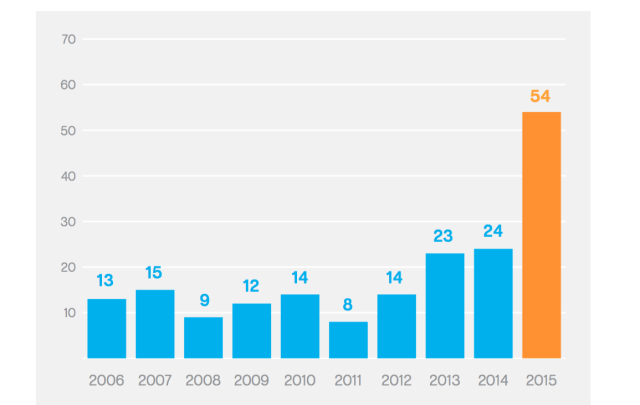Double Agent attack can turn antivirus into malware
A zero-day attack called Double Agent can take over antivirus software on Windows machines and turn it into malware that encrypts files for ransom, exfiltrates data or formats the hard drives.
Based on a 15-year-old feature in Windows from XP through Windows 10, the attack is effective against all 14 antivirus products tested by security vendor Cybellum – and would also be effective against pretty much every other process running on the machines.
Double Agent was discovered by Cybellum researchers and has not been seen in the wild.
“The attack was reported to all the major vendors which approved the vulnerability and are currently working on finding a solution and releasing a patch,” according to a Cybellum blog. All the vendors were notified more than 90 days ago, which is the standard length of time for responsibly disclosing vulnerabilities and giving vendors time to fix them.
To read this article in full or to leave a comment, please click here
